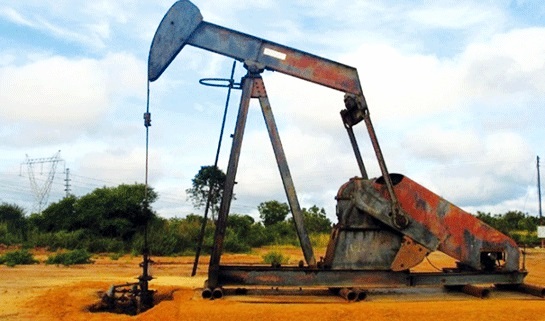Mozambique Electricity Law review: Cooperation partners suggest sharing technical studies in the ...
Mozambique oil and gas search reaches Marracuene and Manhiça

Domingo (File photo)
From next year, Marracuene and Manhiça districts in Maputo province will be the scene of seismic and geophysical surveying aimed at identifying oil and gas reserves. A consortium including UK firm Delonex Energy and the Indian Oil Corporation will explore the nine thousand square kilometer region.
National Petroleum Institute research administrator Augusto Mucavele indicates that the INP, Delonex Energy (DE) and Indian Oil Corporation (IOC) are expecting to sign a contract whose terms are currently being finalised for submission to the Council of Ministers.
The area, which was analyzed superficially some years ago, is being called the ‘Palmeiras Area’, and Delonex Energy and the Indian Oil Corporation are expected to spend a minimum of US$70 million drilling at least two exploration holes.
These will be used to determine the presence or absence of hydrocarbons in the southern area of the country, and, if they render positive results, further research will be undertaken to determine the size of the reserves.
“The first investigation we made was not sufficient to furnish detailed, conclusive results, but the geological evolution of the area shows that there is potential that must be examined in depth,” he said.
The award procedure started about a year ago with the announcement of the results of the international tender. Discussions started this month and it is expected that a contract will be sent to the Council of Ministers “as soon as possible”.
Mucavele said that, if there were no surprises, the contract could be signed this year. “Then companies must comply with a set of requirements enshrined in law, with the emphasis on the environmental and social component. They must secure an environmental license and, if deemed necessary, carry out public consultations.”
Mucavele explains that the area in this case was large because the degree of geological knowledge of it is limited, requiring studies that could be considered ‘from scratch’.
“On the other hand, it is not easy to delineate the area under investigation without a research prospectus. We are facing a “green field”, meaning, an area where we have a limited knowledge. But this does not mean that companies will take these areas permanently. There is an abandonment clause that will certainly be followed,” he stresses.
The abandonment clause provides that, if the area is analyzed and the results are negative, it is ‘abandoned’. The INP belief is that, out of the nine thousand square kilometres, Delonex Energy and the Indian Oil Corporation will abandon 4,500 square kilometres (half) in order to focus on the area where there are the most positive signs.
The Palmeiras area is one of six blocks recently awarded under the fifth international tender for research and hydrocarbons in the national territory, along with two blocks in Angoche, two in the Zambezi Delta and one in Pande and Temane.
Several well-known companies have participated in the race to secure the 11 blocks made available, with the Italian Ente Nazionale Idrocarburi (ENI) and the US Exxon Mobil pre-selected for two areas located off the Angoche district of Nampula province.
Exxon Mobil also secured the two areas in the Zambezi Delta, with Sasol winning the Pande and Temane area in Inhambane province.
“All these areas are currently in the interaction phase, with the final contracts subject to Council of Ministers approval,” Mucavele said.












Leave a Reply
Be the First to Comment!
You must be logged in to post a comment.
You must be logged in to post a comment.